Morality Quiz
1/71
There's no tags or description
Looks like no tags are added yet.
Name | Mastery | Learn | Test | Matching | Spaced |
|---|
No study sessions yet.
72 Terms
The Call of Saint Matthew
A painting by Caravaggio created between 1599-1600 in Italy.
Virtuous Life
The goal of a virtuous life is to become like God.
Philippians 4:8
A biblical verse encouraging thoughts on whatever is true, honorable, just, pure, lovely, gracious, excellent, and worthy of praise.
Virtue
A habitual and firm disposition to do the good, allowing a person to perform good acts and give the best of themselves.
Human Virtues
Firm attitudes, stable dispositions, habitual perfections of intellect and will that govern actions, order passions, and guide conduct according to reason and faith.
Cardinal Virtues
Four pivotal virtues: prudence, justice, fortitude, and temperance, around which all other virtues are grouped.
Prudence
The virtue that disposes practical reason to discern true good in every circumstance and to choose the right means of achieving it.
Justice
The moral virtue consisting in the constant and firm will to give their due to God and neighbor.
Fortitude
The moral virtue that ensures firmness in difficulties and constancy in the pursuit of the good.
Temperance
A cardinal virtue that moderates the attraction of pleasures and provides balance in the use of created goods.
Auriga Virtutum
Latin for 'the charioteer of the virtues,' referring to prudence as it guides the other virtues.
Moral Principles
Guidelines that help individuals apply ethical standards to particular cases without error.
Virtue of Religion
Justice toward God, reflecting the moral obligation to honor and worship Him.
Equity
The quality of being fair and impartial, particularly in human relationships.
Right Thinking
Habitual correctness in thought that distinguishes the just man in his conduct toward others.
Fear of Death
A fear that fortitude enables one to conquer, allowing facing trials and persecutions.
St. Gregory of Nyssa
A church father who articulated the goal of a virtuous life.
St. Thomas Aquinas
A theologian who described prudence as 'right reason in action.'
Sacred Scriptures
Religious texts that often mention the just man and virtues.
Conscience
The inner sense that guides a person's judgment of right and wrong.
Temptations
Challenges that fortitude helps to resist in the moral life.
Obstacles
Barriers that fortitude enables one to overcome in pursuit of good.
Anthropology
The scientific study of the origin and the physical, social, and cultural development and behavior of humans.
Arbitrary
Based on or subject to individual judgment or interpretation: determined by whim or impulse.
Balance
A condition in which different elements are equal or in the correct proportion.
Belief
The state of believing; conviction or acceptance that certain things are true.
Bigot
A narrow-minded prejudiced person. A person who holds intolerant views to a particular creed or opinion.
Conjugal Act
Relating to sexual intercourse between a man and woman.
Complement
Something that completes; makes up a whole, or brings to perfection.
Consummate
To make complete by sexual intercourse.
Consummation
An end, conclusion, outcome.
Doubt
To be uncertain.
Enrich
To make fuller or more rewarding.
Fact
Something presented as objectively true.
Harmony
A combination of parts into a pleasing whole, congruity.
Homophobia
Dislike of or prejudice against homosexual people.
Homosexual
A person who is sexually attracted to people of their own sex.
Honest
Marked by or displaying truthfulness and integrity; upright.
Ideology
The body of ideas reflecting the social needs and aspirations of an individual, group, class, or culture.
Innate
Existing naturally rather than acquired.
Intimate
Marked by close acquaintance, association, or familiarity.
Intolerance
Lack of tolerance, especially of others' opinions or beliefs.
Intrinsic
Belonging to the real nature of a thing, not dependent on external circumstances; essential; inherent.
Intuition
The ability to perceive or know things without conscious reasoning.
Lesbian
A homosexual woman.
Natural Law
A law or body of laws that derives from nature and is believed to be binding upon human actions.
Order
A condition of methodical or prescribed arrangement among component parts, such that proper functioning or appearance is achieved.
Orientation
The act of orienting or the state of being oriented.
Primordial
Not derivative; fundamental; original.
Procrustes
A giant who had a bed in which he invited every passerby to spend the night and sleep in the bed, adjusting them to fit.
Procrustean
Producing or designed to produce conformity by arbitrary means.
Radical
Carried to the farthest limit; extreme; sweeping.
Reciprocal
Anything that is reciprocal to something else; converse.
Regression
A return to a former or less developed state.
Right
Something that is due to a person by law, tradition or nature.
Sexual Intercourse
Refers to the reproductive act in which the male reproductive organ enters the female reproductive tract.
Same Sex Attraction
Having a predominant sexual attraction to someone of the same gender.
Secularism
The view that consideration of the present well-being of mankind should predominate over religious considerations in civil affairs or public education.
Truth
Conformity to fact or actuality.
Intention
An aim, a plan.
Sin
An offense against reason.
Right Conscience
It is failure in genuine love for God and neighbor caused by a perverse attachment to certain goods.
Conjugal Act has 2 purposes?
Unity between the Male and Female bodies
Procreation
What does the church teach about Artificial Birth Control?
It is considered intrinsically eviland is not morally acceptable because it separates the unitive and procreative purposes of the conjugal act.
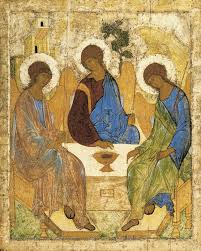
The Trinity
Andre Rublev
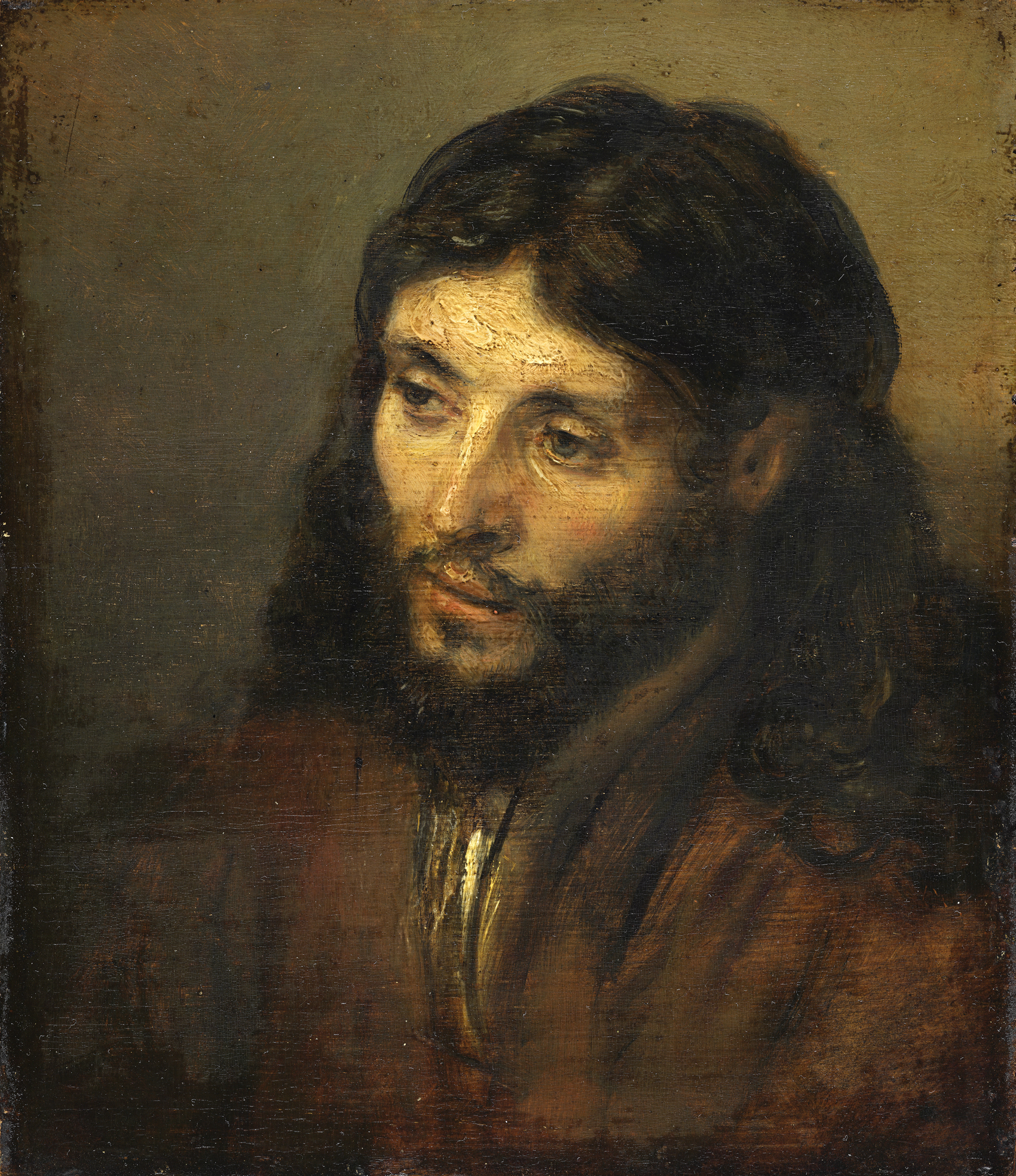
Face of Jesus by Rembrandt
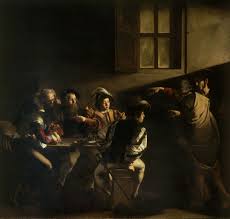
The Call of St. Matthew by Caravaggio
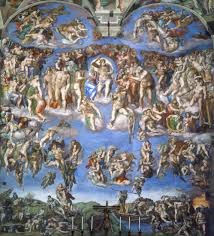
The Last Judgment by Michelangelo
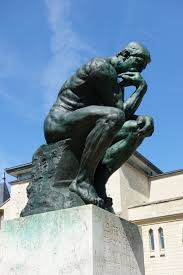
The Thinker by Auguste Rodin
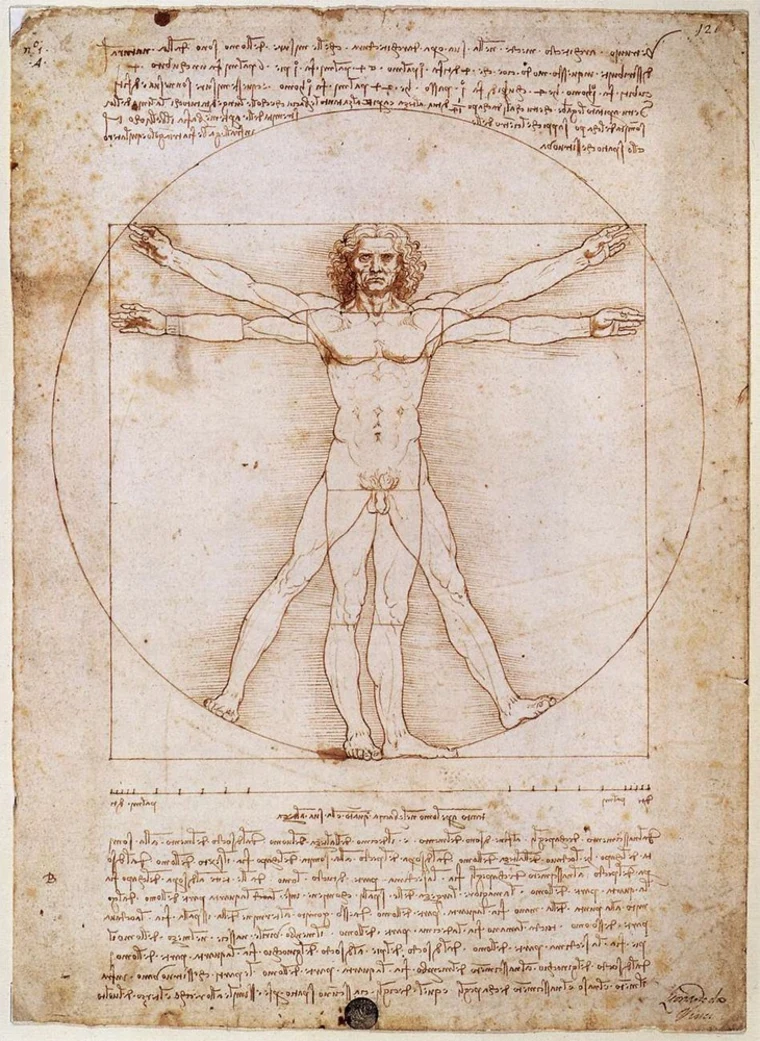
The Vitruvian Man by Leonardo da Vinci
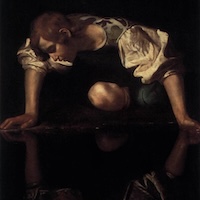
Narcissus by Caravaggio
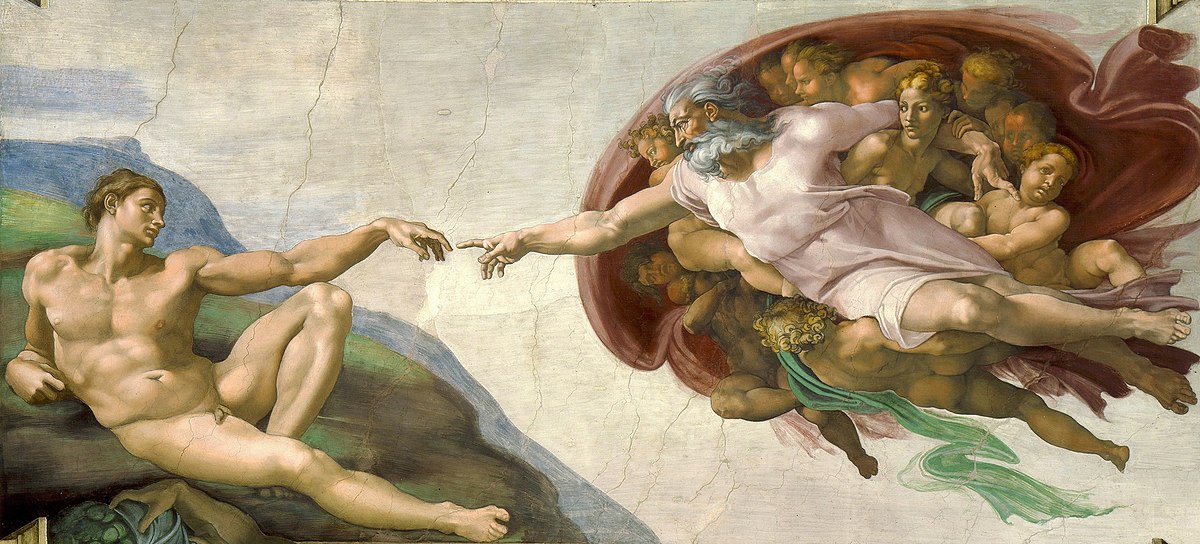
The Creation of Adam by Michelangelo